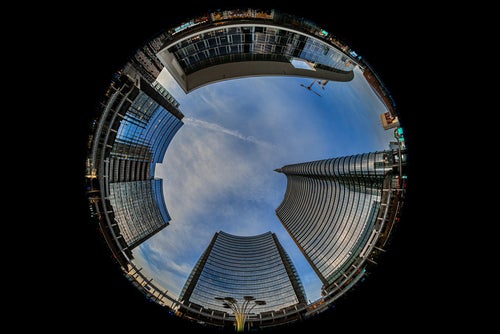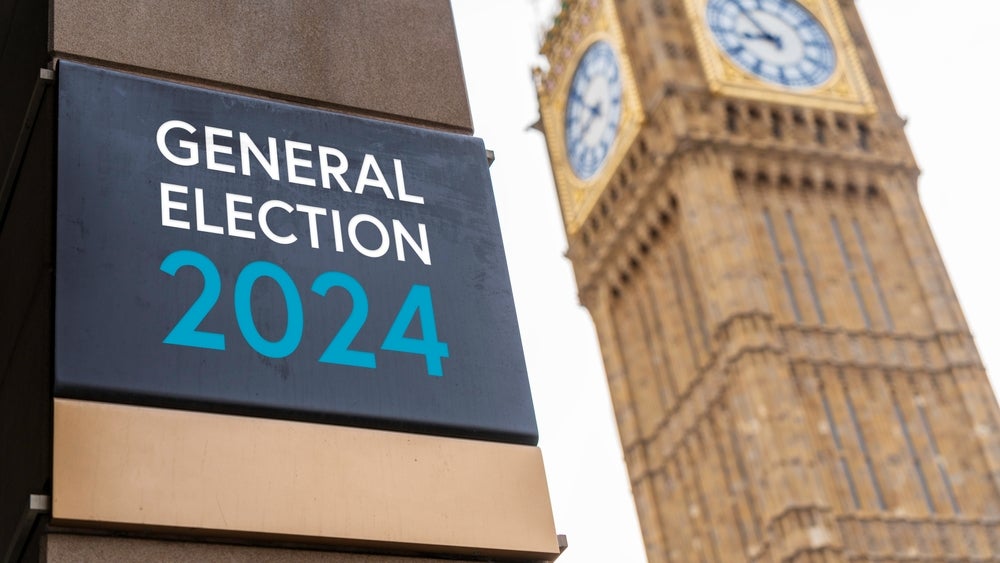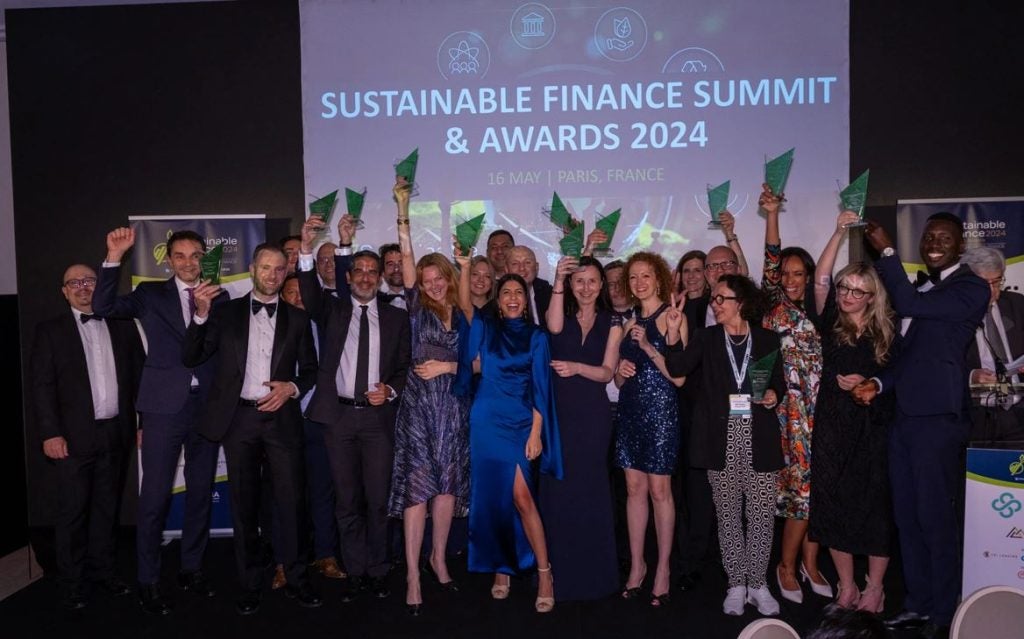
Companies need to consider their environmental impact when sourcing materials, manufacturers need to become more sustainable and supply chains must be optimised for sustainability and resilience. Gregory Autin, a circular economy advocate, explores sustainable procurement and suggests leasing offers an ideal form of sustainable supply chain financing
The built environment – residential and commercial real estate and infrastructure development – accounts for around 13% of the world’s GDP. Research shows the construction materials comprise 50%-60% of the total cost in construction projects.
According to the European Commission, construction accounts for about 50% of all extracted material, is responsible for over 35% of the EU’s total waste generation, and 5%-12% of total national greenhouse gases. Up to 80% of those emissions could be avoided through greater material efficiency.
The sustainability of projects depends in large measure on the materials and equipment used in construction. Sustainable procurement is key to the success of development projects and the circular economy.
In construction management, procurement is the securing of all goods, services and works needed to bring the construction project to completion in a timely and satisfying manner. The process is used to ensure the required goods, services or works are received at the best price when considering quality, quantity, time, and location.
In hotel development projects, for example, the construction hard costs, including materials and encompassing both new builds and refurbishment, account for 60%-72% of the budget. Furniture, fixtures, and equipment (FF&E) – things like hotel room furniture, bathroom fixtures, public space furniture, and soft goods like carpeting and drapes – make up 8%-13% of the hotel project’s total budget, depending on the country or region.
How well do you really know your competitors?
Access the most comprehensive Company Profiles on the market, powered by GlobalData. Save hours of research. Gain competitive edge.

Thank you!
Your download email will arrive shortly
Not ready to buy yet? Download a free sample
We are confident about the unique quality of our Company Profiles. However, we want you to make the most beneficial decision for your business, so we offer a free sample that you can download by submitting the below form
By GlobalDataIn OECD countries, the average share of public procurement in the gross domestic product (GDP) is about 12%, reaching 16% in EU countries. It is estimated that government construction in the EU, including materials and infrastructure, accounts for 28% of total emissions for the construction sector and for 12% of government emissions.
Sustainable procurement involves a high degree of collaboration and engagement between all parties in a supply chain to source materials that minimise their negative social and environmental impact. It is typically associated with public policy although equally applicable to the private sector.
Challenges to procurement
The fragmented and project-based nature of the construction sector creates challenges for the adoption of sustainable procurement practices. This is complicated by the resistance of businesses to change their proven business models and the lack of government initiatives and regulation to encourage sustainable development and procurement.
Sustainable procurement (SP) focuses on the reduction of goods within a building or premises and/or the sourcing of sustainable materials to minimise their impact on society and the environment. Construction procurement is sustainable when developers implement the principles of sustainable development.
Procurement cost management has become increasingly complex in recent years. This is due to the proliferation of procurement methods, the increasing technical complexity of development projects, the need for greater value for money, and the various approaches to project costing.
Sustainable development has led to the use of triple-bottom-line accounting to allow stakeholders to value the costs and benefits through the adoption and application of sustainability principles in the business.
Life cycle cost analysis (LCCA) identifies the costs associated with a project in each step of a development project and over the built asset’s useful economic life, including disposal. LLCA typically considers only the economic costs and is commonly used to determine a project’s return on investment (ROI) until investor exit.
Whole-life costing is life cycle cost analysis that considers the environmental, social and economic dimensions of sustainability in assessing an asset’s costs over its whole life. However, a universally accepted standard approach to value and calculate the costs of the social and environmental factors of sustainable development has not been established.
Sustainable development has led to the use of triple-bottom-line accounting to allow stakeholders to value the costs and benefits through the adoption and application of sustainability principles in the business. The triple-bottom-line approach measures the project’s financial performance as well as its sustainability impact on society and the environment.
Whole-life costing encourages sustainable development reporting commissioning and certification initiatives. It considers works, services, construction materials, and equipment procured until ultimate building disposition and the re-use, recycling, and recovery of resources. It is also reflected in the product-service system used for a product’s procurement.
Services matter
Sustainable supply chain management (SSCM) is a multi-disciplinary managerial practice that considers the social, environmental and financial impact of a product across its entire value chain – production, operation and ultimate disposal. It allows organisations to make procurement decisions that are both financially and environmentally feasible.
Product-service systems (PSS) are service-oriented business models based on contracts that replace selling products with selling services or a mix of products and services. They realign the relationship between suppliers and customers by taking a product’s life cycle costs into account and shift the perspective from product ownership towards product utility and use.
Product-service subscriptions with point-of-sale financing is a key component of a circular economy. They allow manufacturers to partner with a bank or finance company to provide a differentiated product service.
In product-oriented PSS, services are offered to consumers together with the products that are sold. The user owns the product while the product is accompanied by product-related services, such as maintenance.
Result-oriented PSS focuses on the user’s need rather than a specific product. The customer sets quantitative result-oriented indicators for the product’s performance.
Use-oriented product-service systems (u-PSS) provide users with temporary possession and use of products when needed through leasing, pay-per-use, or sharing. Ownership and maintenance tend to reside with the provider while the user pays for the product’s use.
u-PSS lends itself best to sustainable procurement. Leasing meets the users’ need for procurement financing while the asset owners provide the asset for customer possession and use. In a classic pay-per-use model, customers pay a fee based on product use.
The main argument in favour of leasing is that leasing firms generally maximise the effective useful life of their assets. This motivates them to remarket the off-lease assets or invest in designing more durable products, thereby reducing product production and disposal.
Gregory Autin is the managing director of AUTIN&Co.
The Hotel Development & Investment workshop/forum 31 May-1 June 2021 in Vienna will discuss the sustainable procurement of materials and equipment in hotel development projects and sustainable procurement financing.







